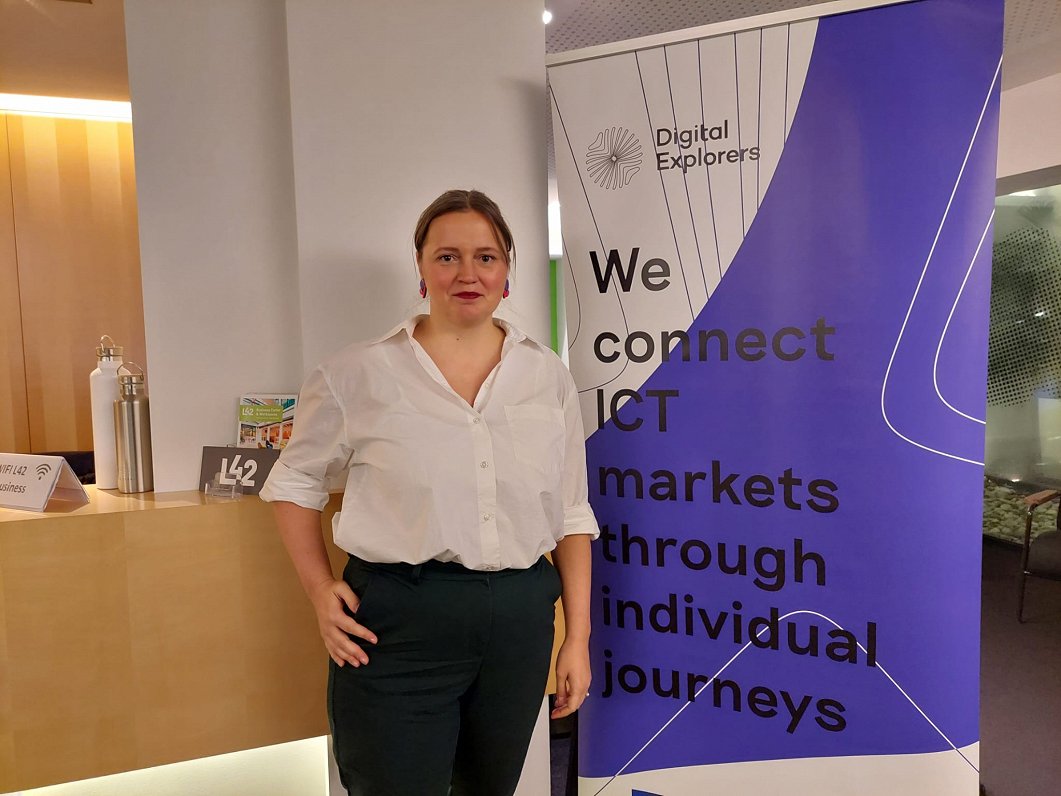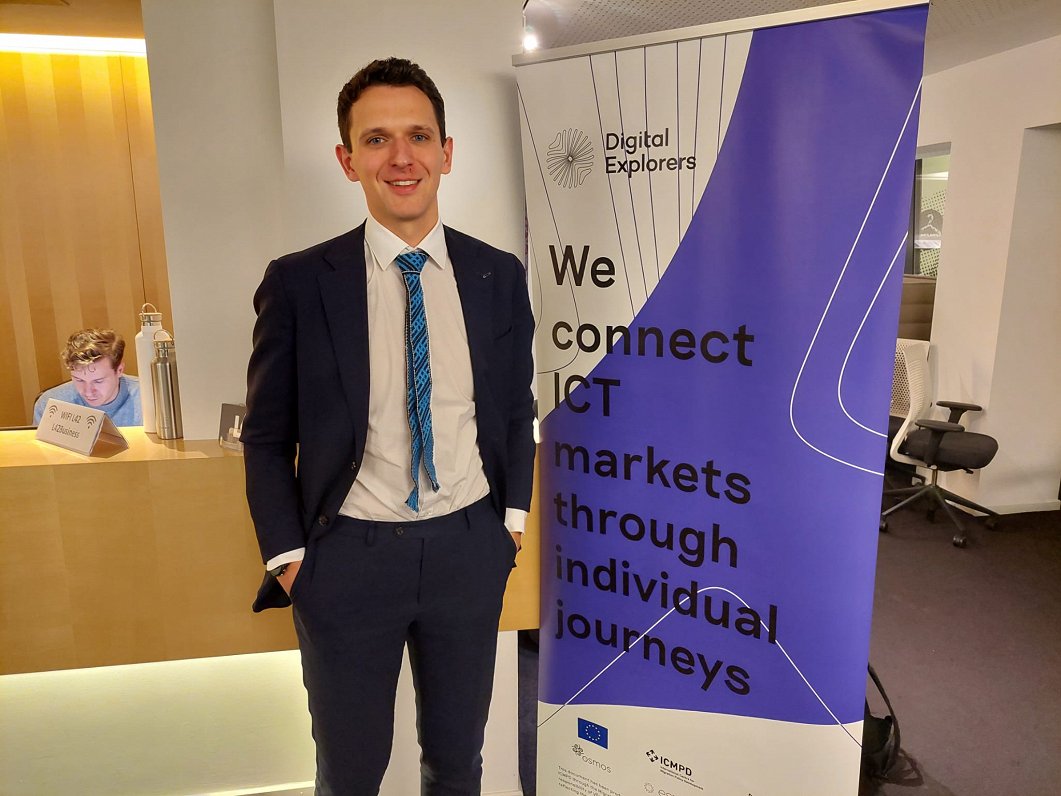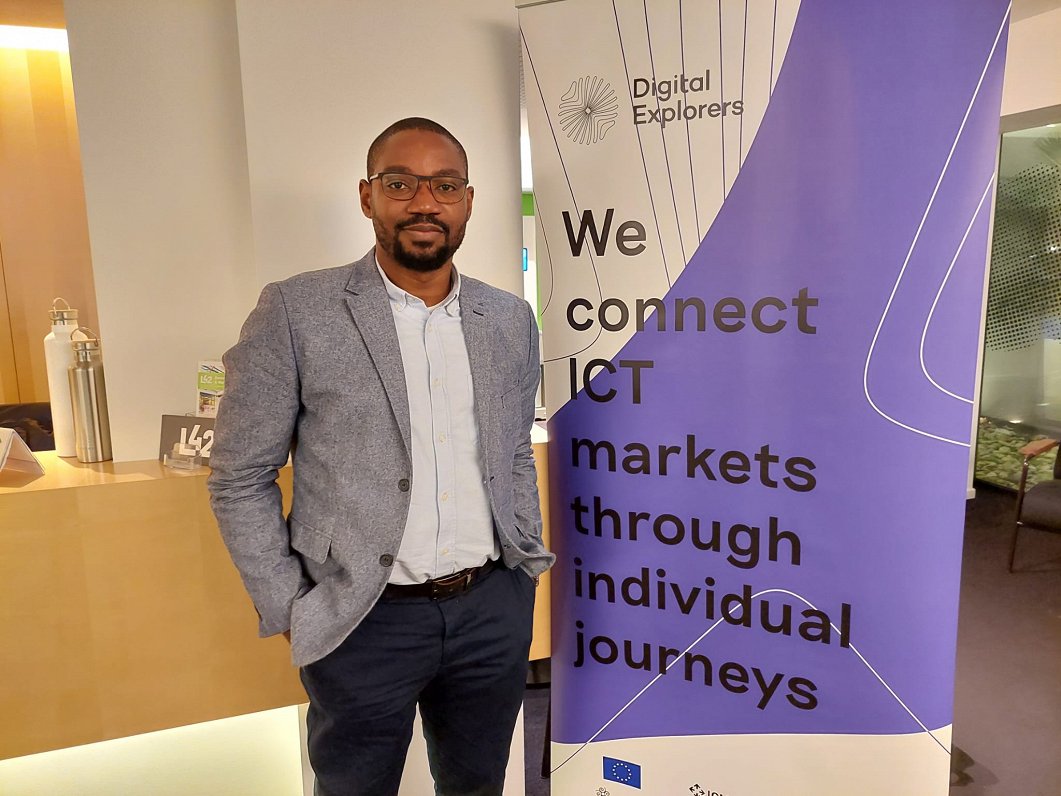Those behind the idea hope that an influx of highly educated specialists will help companies in the Baltic States, especially start-ups, to grow faster.
Labor shortages, especially in the field of IT technologies, are becoming an increasingly pronounced problem in the Baltic States. Elsewhere in Europe, too, society is aging. Therefore, the European Commission (EC) recently came up with a proposal to create a system that would connect European employers with educated potential workers in other regions of the world. The scheme operates under the banner 'Digital Explorers' and is described as:
"An ICT focused knowledge and talent exchange initiative between the Baltics and partner countries, striving to lead the digital revolution in their respective parts of the world."
While this proposal is still being developed, the Baltic States are already taking concrete steps with the support of EU funds. During the next two and a half years, 85 specialists from Nigeria, Kenya and Armenia will be able to find work in IT industry companies and start-ups in the Baltic States.

"The basis of everything is talent and people, and as we know, we sometimes lack talent in Latvia. Maybe there is a shortage, not massively, but specific specialists, because in some specific areas we are not keeping up with the demand that comes from the field of start-ups, which is very innovative and as a result, we sometimes need professions that are not taught in universities," said Ieva Felman, representative of the Latvian Startup Association.
The name of the project is "Digital Explorers 2". Only Lithuanian companies and Nigerian specialists participated in the first round.
Žilvinas Švedkauskas, executive director of the Lithuanian non-governmental research organization "OSMOS", said that the project made it possible not only to fill the vacant jobs, but also to develop wider cooperation.
"For example, one of the leading Lithuanian IT technology companies, TeleSoftas, opened a technology delivery center in Abuja, Nigeria. It was the first direct foreign investment of a Lithuanian company in West Africa. I think that with this project we are trying to break the ice in many ways and create a positive impact by connecting those who were not connected until now. After all, the slogan of the project is 'Unexpected connections'," Švedkauskas said.

The two African countries and Armenia are interested in such cooperation because they have more specialists than available jobs.
Fola Olatunji-David, Senior Advisor to the Nigerian Minister of Communications, Innovation and Digital Economy, participated in the project launch event in Brussels and said his country has a lot of expertise to offer.
"You only have to look at the numbers to see why this makes sense. Africa is a fairly young continent, with over 40% of the population under 18. Both Nigeria and Kenya have around 60%. These young people are very talented, they are working hard and developing skills in technology. The Baltics are a growing region, but right now there seems to be a shortage of tech professionals. We have a lot of that talent and we're looking for where they can prove themselves. It's a classic supply and demand case," Olatunji-David said.
Felmena from the Association of Latvian Startups admitted that the biggest difficulties could be with arranging work visas and other documents. Therefore, it is planned to start with a relatively modest number of specialists.
"There won't be many – fewer than ten people in total. We really took this project as a pilot to understand how it happens in general, because there are a lot of parties involved. There are all the migration issues, and we don't even have embassies in many of these countries. Therefore it's a pilot project to test how this road could work in the future as well."
Interns will also participate in the project, who will visit the Baltic countries and gain knowledge about IT companies in our region.
More information: https://digitalexplorers.eu/





























